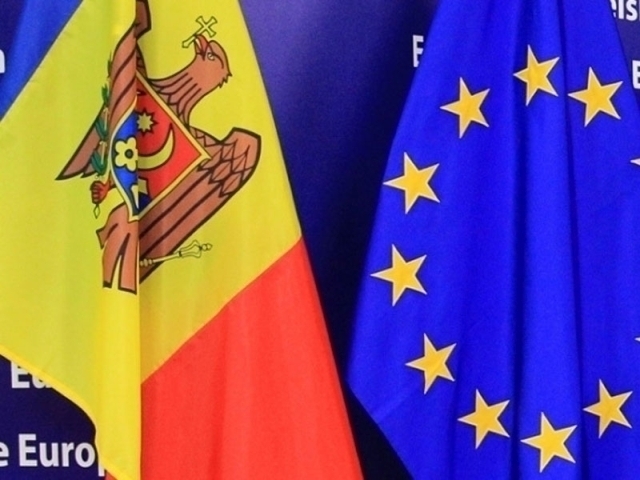Romania supports the European integration of the Republic of Moldova
Ever since its EU and NATO accession, Romania, a country that back in time of the communist dictatorship was neighbouring both the former Yugoslavia and the former Soviet Union, has consistently campaigned for the propagation of the European and Euro-Atla

Bogdan Matei, 17.07.2018, 12:51
On Monday, at the EUs Foreign Affairs Council meeting in Brussels, the Romanian Foreign Minister Teodor Melescanu again mentioned the importance Romania attaches to the stepped-up economic integration and political association of the ex-Soviet republics of Moldova, Georgia and Ukraine with the European Union.
These countries already concluded association and free-trade agreements with Brussels and for quite some time they were perceived as champions of the Eastern Partnership, which also includes Armenia, Azerbaijan and Belarus. Bucharest believes that ensuring stability, security and prosperity in the region hinges on the very ability of these countries to deepen and multiply their connections with the West.
The Romanian Foreign Minister pledged that the Eastern Partnership would be a top priority of Romanias mandate at the helm of the European Union, due to begin in the first semester next year.
Founded on part of Romanias eastern territories annexed by Moscow following an ultimatum back in 1940, the Republic of Moldova has always enjoyed a privileged place in the Romanian diplomacy agenda. Romania has always been the most active and consistent advocate of the integration aspiration of the neighbouring country and for this reason Romania cannot conceal its concern about the ups and downs of democracy in this country.
Minister Melescanu has told Radio Romania in an interview that the Europeans are worried about the latest developments in Chisinau, after the cancellation last month of the mayoral election in that country.
Teodor Melescanu: “There is concern about the latest events in the Republic of Moldova and not only at the level of the EU, the European Commission but also at the European Parliament level. Ive repeatedly said that from our point of view it is an extremely dangerous situation to have a mayor elected through popular vote invalidated by a court ruling lacking any specified legal ground. For me, however, the message I have conveyed is that keeping Moldova on its European track is a priority.
Earlier, the ambassadors of the EU countries accredited to Chisinau had told Prime Minister Pavel Filip that the invalidation of last months election and the way in which the decision was made was depriving the citizens of their democratically-elected mayor, pro-European Andrei Nastase who had obtained a decisive win against his opponent, pro-Russian Ion Ceban.
The community executive has announced however that until the political conditions related to democracy, the rule of law and human rights in the Republic of Moldova are met, the first installment in the macro-financial assistance of 100 million Euros, will remain suspended.






























